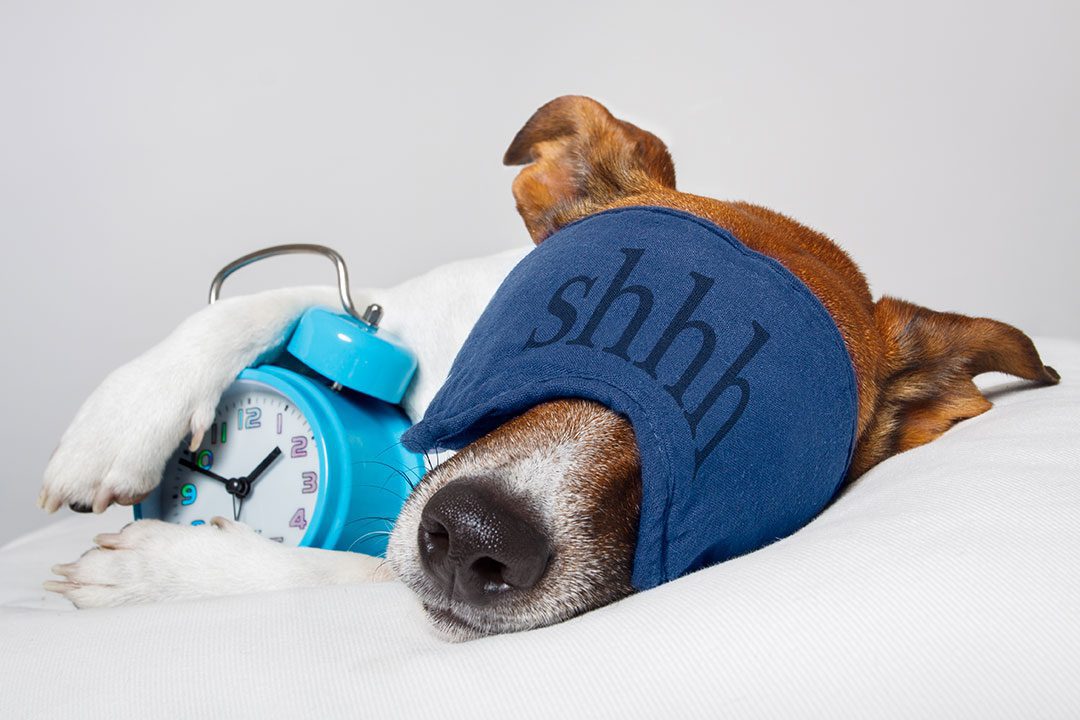A growing number of people claim to suffer from sleep patterns that make it difficult for them to function during their waking lives. What is insomnia? And how can it be treated effectively long term?
This condition is not an “on” or “off” occurrence, meaning there are many different shades of experience when it comes to disturbed sleep.
This can mean difficulty initially falling asleep, waking up throughout the night and then not being able to fall back asleep, feeling fatigued even after sleeping more than 8 hours, or being unable to fall asleep whatsoever for several days.
Having disturbed sleep patterns leads to many problems regarding a person’s quality of life.
Oftentimes, after a traumatic event, acute sleep problems will occur, usually caused by them being unable to stop thinking about the event.
For people who aren’t getting quality rest at night, the daytime can be a tiresome slog. It causes significant stress because, somewhat ironically, they can’t get good sleep yet they are tired all the time.
From the time they need to be productive during the day they will instead feel sluggish, irritable, and mistreat other people because their own emotional state is in such disarray.
They can suffer form the inability to concentrate, unable to remember simple facts or events that happened very recently, anxiousness, and accidents that can threaten their physical livelihood.
While these can all occur during a period of time of a couple weeks, they can be chalked up to just dealing with a major life event that left them struggling to get back on their feet, but eventually they’ll be back to their old self.
But when several weeks turns into several months, then it is time to begin assessing whether more significant lifestyle changes need to take place.
This often signifies that the person is feeling depressed because of their inability to recharge at night, or an underlying depressive state is what’s causing them to not sleep well.
How is terminal insomnia different?
One specific type of sleep disorder is falling asleep and then waking up too early and being unable to fall back asleep.
For example, if you fall asleep at 10pm and wake up at 2am instead of at 7am, it is common for the person to toss and turn in bed until 7am.
This sleeping condition is called “terminal” (although doesn’t mean it is life-threatening or fatal). This causes a person to crash in the early to mid-afternoon, and in need of either a nap or a caffeineboost.
This can happen every once in a while for many people, especially if they’ve been traveling long distances, and is not a cause for serious concern.
But if it happening on a consistent basis it is a way for the body to tell the person that something else is wrong with their day-to-day rhythm.
While some people suffer from sleeping disorders from genetic inheritance, these cases are much more rare.
Most commonly, the problem has its roots in psychological disease caused by hectic schedules, being anxious about the future, financial or physical insecurity, stress related to small children, or a demanding work schedule.
This inability to function at on optimal level is rooted not only in an unbalanced lifestyle, but also in erroneous ideas, which are the cause of most psychological disorders.
“Erroneous ideas” means the person only has part of a given situation understood, yet believes erroneously that they have all of the factors within their grasp.
It can also mean that they are misreading one or several factors of the given situation but are unaware that they are misreading it.
These types of ideas can happen about external situations, and also regarding one’s internal world.
It becomes a vicious cycle of stress, and can take the form of:
-
Putting too much pressure on oneself to perform
-
The consistent sensation of a lack of fulfillment from external circumstances
-
The inability to connect with others caused by self-doubt or low self-esteem
-
Over analyzing situations in the present, past or future
Some insomnia memes
There are a number of memes online that help a person laugh a little bit about the common symptoms for people unable to experience a fulfilling sleep life.
For example, one meme shows a small pug dog with a drooping expression and a blanket over his head, and reads “I’m about four days past my bedtime.”
Another shows a cartoon character lying in bed with bloodshot eyes, and shows a thought bubble that says “When you’re already overthinking and you start to overthink your overthinking.”
People who have suffered from sleep disorders can relate, and hopefully laugh at the truthfulness behind such memes.
And by laughing light-heartedly to what can be a serious condition reveals a subtle secret about how to improve sleep patters: take it easy, laugh a little, and enjoy the moment.
While this is much easier said than done, the first step to improving one’s quality of sleep is to begin the process of decompressing and de-stressing their routines and, by proxy, one’s mental life.
List of insomnia quotes
The author David Foster Wallace, who himself suffered from depression, anxiety, and sleep problems, has an interesting quote in his book “Infinite Jest” (an apt name for someone who thinks too much):
“You get someone who stays up all night torturing himself mentally over the question of whether or not there’s a dog.”
This shows that a person can worry about whether a dog is barking outside preventing them from sleeping, while showing that they themselves are the actual cause of their inability to sleep.
Poets also have an eloquent way of expressing the anxiety involved with the inability to sleep. This is an excerpt from a poem by Casey Renee Kiser:
”I won’t sleep if that’s what it takes to not wake up as myself.”
This quote shows that those who suffer from self-doubt also suffer from overthinking, which leads to the inability to allow oneself the pleasure of falling asleep.
In order to heal the symptom of sleep deprivation a person needs to address such underlying causes, which are very often these types of psychological complexes.
List of movies on insomnia
There have been many movies made in the recent decades about the inability to get a good night’s rest. Here are just a few:
-
“Fight Club”
-
“Taxi Driver”
-
“Insomnia” (both the 1997 original and the 2002 remake)
-
“The Machinist”
-
“Inception”
Watching an enjoyable and even suspenseful film can help a person to relate to characters that depict the difficulty sleeping in dramatic fashion.
This can help a person feel they are not alone in this struggle, and that there is hope at the end of the tunnel to resolving anxiety-based sleep deprivation.
Tackling psychological complexes, being honest about one’s inability to factor in every single detail, and mending a hectic lifestyle have shown to produce long-term and gratifying results.
While it may be easy to define the question “What is insomnia?”, it is much more difficult to resolve it because the underlying psychological stresses have so many variations. But there is always hope because our minds are so malleable and thus able to be healed.


























